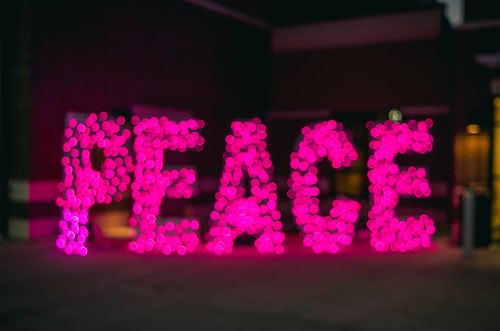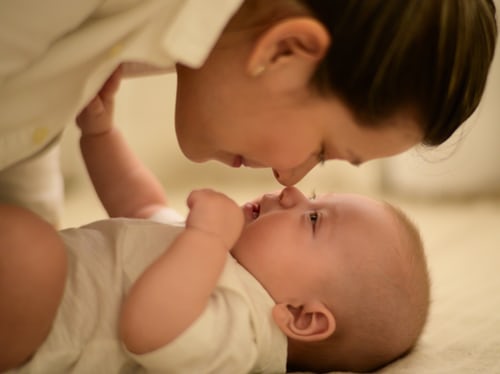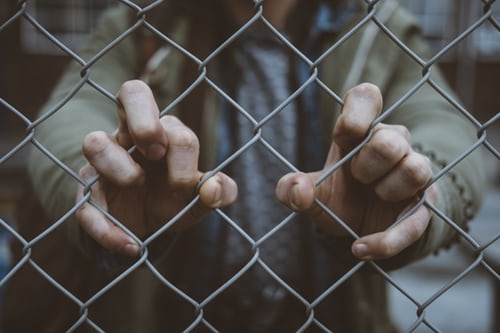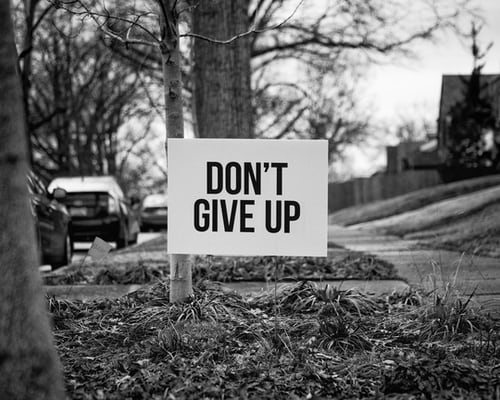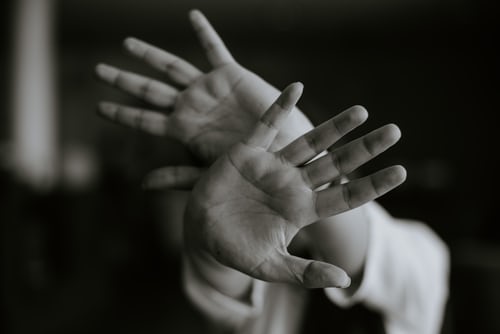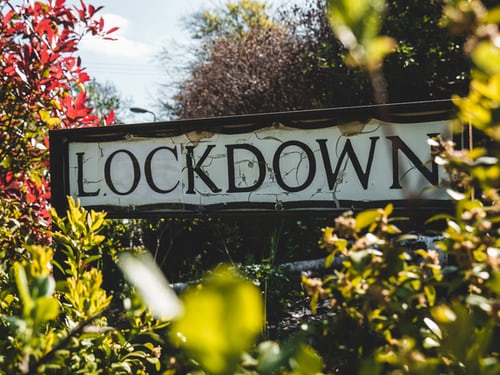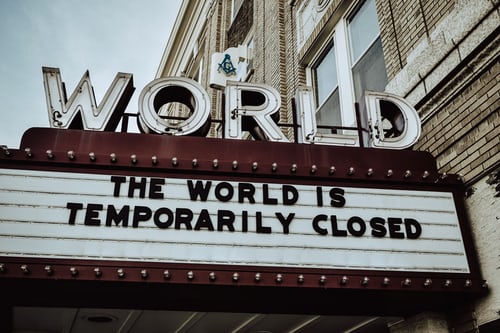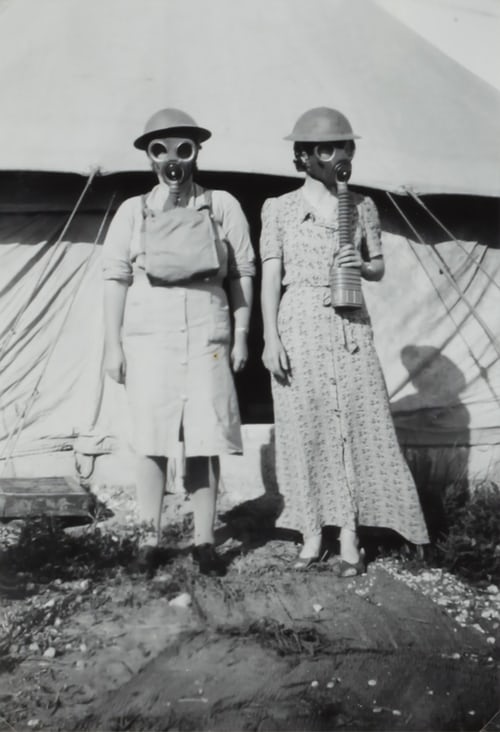IN OUR RECENT GRIEF RECOVERY discussions, we’ve looked at the significance of apologies and forgiveness. Today we’ll look at how significant emotional statements fit into the successful relationship review and grief pain completion.
Significant emotional statements: otherwise known as really important stuff you need to say.
What is a significant emotional statement?
A significant emotional statement (SES) is defined as anything of emotional value that doesn’t count as an apology or forgiveness. It’s any comment communicating something important; anything important that was said or left unsaid before someone died, or before a significant relationship (marriage, friendship) ended.
Examples of significant emotional statements—
A SES could be statements like:
- You were such a good husband, who made me laugh and enjoy life.
- I wish that we would have been given more time together.
- I wish you would have gone to the doctor sooner. Maybe treatment given sooner would have helped.
- I love you, and I know how much you loved me.
- I’m grateful for the full life we lived together.
- I loved your belly laughs and loving eyes and touch.
- I’ll miss having breakfast with you every morning, praying with you and discussing our plans for the day.
- I’ll miss lying in bed with you, holding one another, thanking God for the blessings in our life.
- I wish we had done a better job of making this marriage work.
- I thought our marriage was for better or for worse; that we’d be together until death do us part.
- I don’t know what happened for you to end our friendship. I wish you’d tell me so I could make it right.
Significant emotional statements are statements conveying your emotional attachments or a feeling, regret, love, desire, hope and expectation.
It’s anything you feel should have been said or should be communicated now.
Every relationship is unique, to you—
Understanding and appreciating that every relationship is unique to a person is important, and it affects your significant emotional statements and the statements of others grieving the loss of the same person.
How often have you told a story and your significant other or sibling loudly proclaims: “No, that’s not how it happened!” And they proceed to tell their version of the story and correct yours.
But that’s the point. It’s usually their version of the story they’re telling. Their personal memories, from their point of view. And their emphasis on events and feelings is likely to be much different than yours; their experience will be different.
A grieving son will have different emotional experiences about his father than his grieving mother has about her husband. The grieving sister will have different feelings than her grieving brother.
We need to be extra careful not to plant our feelings into the hearts and minds of others grieving the same loss. Or plant feelings of a loss we’ve experienced into the hearts and minds of a friend’s loss.
The death of one mother’s child will not be experienced the same way the death of another mother’s child will be felt.
When significant emotional statements need to be followed by forgiving ones—
You’ll find that some significant emotional statements should naturally be followed up with apologies or forgiving statements. Let’s look at some of the above examples.
I love you, and I know how much you loved me, might be followed by “I should have told you more how much you meant to me. I’m sorry I didn’t.”
I wish we had done a better job of making this marriage work. This might have the statement: “I’m sorry for being unforgiving and not working harder on our marriage.” Or: “I forgive you for giving up so easily on us.”
The point is that if a negative statement is made, it should be followed up with a statement of forgiveness. Only then will grief completion be possible.
What about fond memories—
By all means, put fond memories on the list and make statements about them.
They could be thank you statements, specific memories of good times, significant life events. Things you especially appreciated about the person’s character or personality.
Is a significant emotional statement the end of it?
So you’ve written down a list of statements. Is that it? Are you done?
Not quite. We have to put all of these statements together, and remember that just because we do it successfully doesn’t mean we’ll never think about, talk about, or long for the person again.
BUT BEWARE!
Do not skip the forgiveness statements. An unforgiving spirit and withholding forgiveness “is the largest stumbling block to successful completion of the pain caused by loss.” (Grief Recovery Institute)
As I’ve said before, please don’t fall into the trap of believing that forgiveness condones hurtful behavior. Those thoughts and actions curtail and hinder a potentially lifesaving action.
“A lack of forgiveness always imprisons the wrong person.”
I would add that it always damages your heart.
It leaves you in the state of perpetual victimhood, constantly reminding yourself of the painful things, the unfairness of things that happened a very long time ago.
Putting it all together—
Putting all these components together gives you the freedom to move on to and achieve grief completion. It’s the catalyst for healing, like when a surgeon re-sets a bone to straighten it out so it can heal. And a physical therapist gives you exercises to complete the healing to return you to a full life.

Invitation—
- Examine your heart deeply. Are there people in your life you haven’t truly forgiven for their actions? How can you take concrete and effectual steps today to do that?
- Is there someone you’ve recently lost who you wanted to say something more to, either before their passing or now? Write these down.
- Is there someone you’ve lost to death or lost as a friend that you can and would like to make a significant emotional statement to? Write those statements down.
- This can be a time of wonderful memories flooding your heart and mind. Even if they cause you to grieve again, consider the fond memories blessings of a life well lived.
NEXT WEEK: Moving from discovery to completion!
Until then, write down those significant, fond memories and add them to your apologies and forgiving statements.
Blessings,
Andrea
“Beloved, I pray that you prosper in all things and be in health, just as your soul prospers” (3 John).
Andrea Arthur Owan, M.S., A.T., R., is a fitness pro, speaker, award-winning inspirational writer, memoirist, and senior-ordained chaplain (IFOC). She mentors people in how to thrive physically, emotionally, and spiritually, and recover from grief, loss and trauma.





